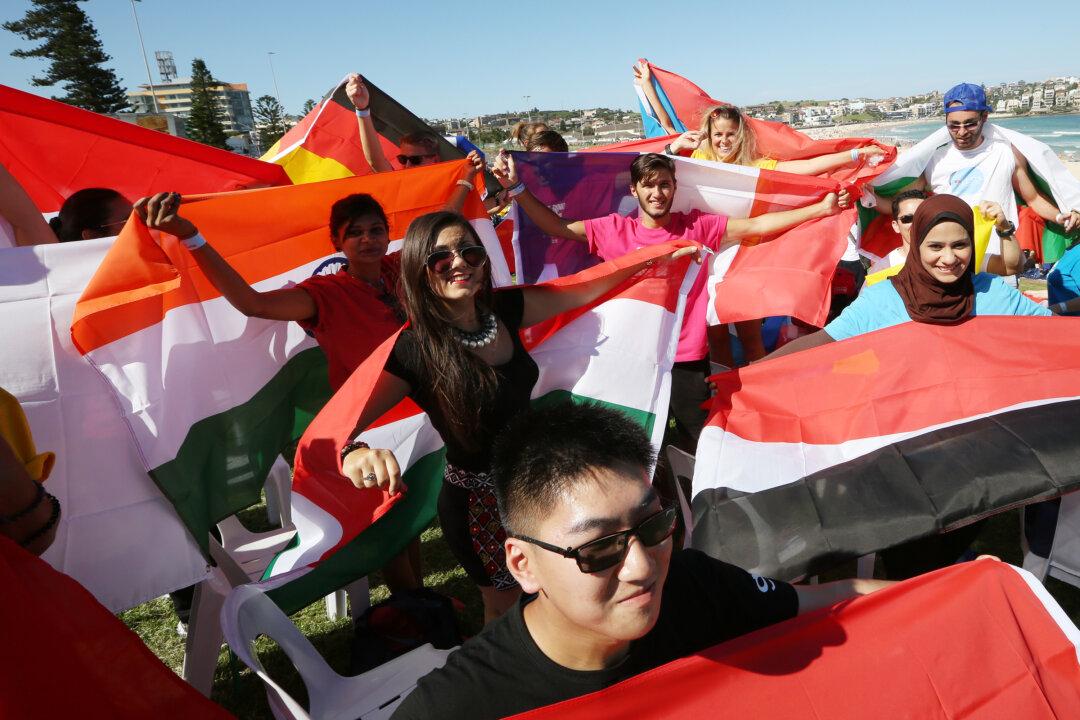A review of registered Vocational Education and Training (VET) providers has discovered more than 150 that were no longer operating but could, in theory, have been eligible for government funds.
The clean-up is part of the Albanese government’s effort to improve integrity in the international education sector, which included “serious instances of exploitation of overseas students” up to and including human trafficking, a recent Policy Impact Analysis (pdf) said.





